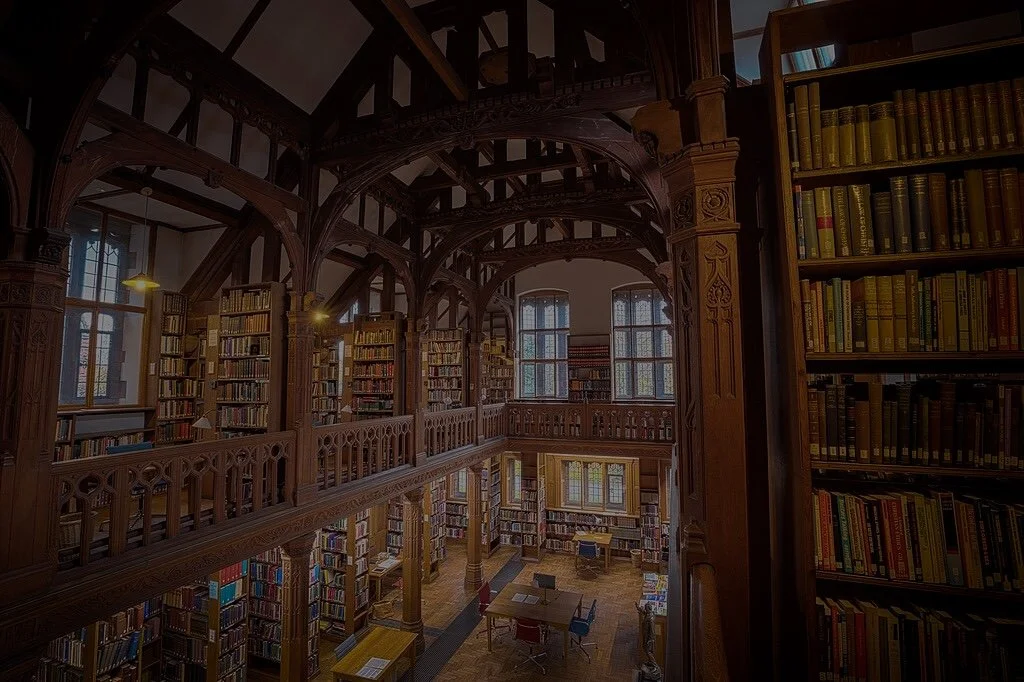“My research philosophy combines rhetorical theory, empirical methods, and applied practice as they inform digital public humanities and civic engagement.”
My research philosophy is guided by Boyer’s concept of engaged scholarship so that my inquiry overlaps with, and is informed by, my teaching and my service. Specifically, my philosophy combines rhetorical theory, empirical research, and applied practice as they inform digital public humanities and civic engagement. My goal, therefore, is to conduct theoretically- and empirically-based research in these areas to contribute positively to the writing disciplines, to local communities, and to my students. Ultimately, I am investigating how universities can work to build knowledge collaboratively with community partners through writing, an extension of the logos dunamis concept outlined in my teaching philosophy.
“My research focuses on a more collaborative methodology, what is known as participatory civic engagement, where universities and local communities work together through writing to create knowledge and where all stakeholders are considered experts in their areas of experience.”
My lines of inquiry investigate how rhetorical theory and writing can help students, universities, and local communities collaborate more effectively and work together as equal partners in knowledge creation. To carry out this inquiry, I investigate how a next step in college-community partnerships might work.
Many college-community relationships fall into the traditional categories of extension, outreach, or service-learning that can form hierarchies between universities and the local citizens. For example, in extension and outreach models, the university is perceived as “expert” and knowledge creation (inquiry and discovery) is controlled by the school. Even certain models of service-learning can work at odds with their collaborative goals. For instance, some charity models can perceive community partners as unequal counterparts. These approaches lead to “town-gown” tension and separate organizations that should be working together. My research looks at a more collaborative methodology, what is known as participatory civic engagement, where universities and local communities work together through writing to create knowledge and where all stakeholders are considered experts in their areas of experience.
To enact this inquiry and cooperation, I use classical and contemporary rhetorical theory and empirical research methods in my service-learning courses to show students how they might collaborate as equal partners with local communities rather than following charity models of civic engagement. Further, I use empirical research methods, such as usability testing, to systematically gather feedback from local residents.
We used mixed-methods research (usability testing) to collect qualitative and quantitative data on the website resources and on the workshops themselves so we could revise the literacy resources and refine the workshops and more effectively meet the needs of our community partners. This methodology enacts Boyer’s engaged scholarship model by including teaching, research, and service. Read more about my community projects here.
In 2016, I co-authored Partners in Literacy: A Writing Center Model for Civic Engagement with Jaclyn M. Wells, which explains my engaged scholarship work at Purdue and also at Loyola in Baltimore City.

